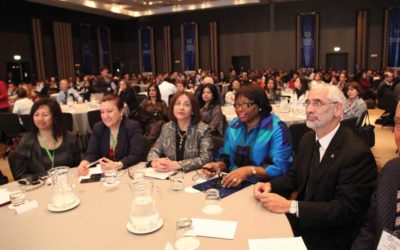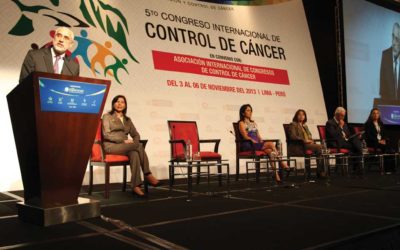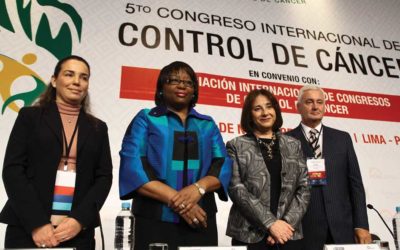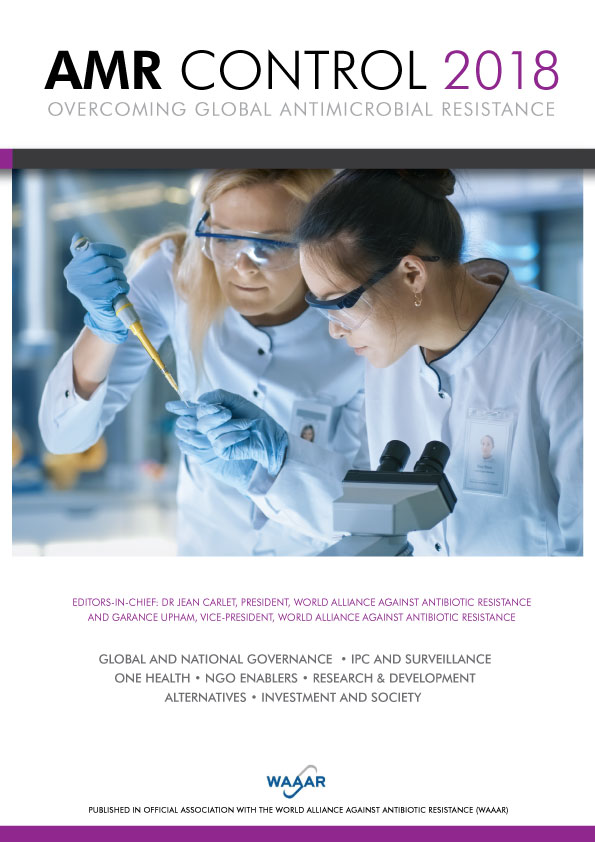Appendix
The International Cancer Control Congresses (ICCCs) provided a “natural experiment” to assess the value of international conferences and examine ways to influence positive change, policy and practice to enhance cancer control. We studied the responses of registered participants for two Congresses (ICCC–3 and ICCC–4) using the primary data collection instrument as self-report surveys, on-site surveys and follow-up surveys a few months later on the same census sample of participants.
session 5: Integrating research, practice and policy priorities to improve cancer control
Improving cancer control outcomes is a complex process that requires integrating research with both practice and policy priorities at the national, regional and local levels. It requires data from surveillance systems to set priorities and track progress, appropriate and standardized metrics to measure progress, and pragmatic research to identify evidence-based interventions that can be translated into practice and policies adapted to the local context.
session 4: Improving integrated approaches to cancer treatment and care
Cancer is a global and rapidly increasing, but not uniform problem. Access, quality of care and efficiency of cancer services are challenges in low- and middle-income countries, where an increasing proportion of burden is occurring. Yet, the health systems of these countries are particularly unprepared and ill-equipped to deal with this growing burden and chronic nature of cancer and other noncommunicable diseases.
session 3: Improving population health: Using data and evidence to support policy and programmes
The prevention of cancer and the implementation of programmes to bring this about can only move forward in the clear light of an evidence-based framework. Unfortunately, in many low- and middle-income countries basic statistics, such as the burden and site distribution of cancer, the prevalence of major risk factors and the health gain introduced by prevention policies are complete unknowns.
Session 2: Mobilizing “all of society” for effective cancer control
The overall goal of mobilizing “all of society” for effective cancer control is to advance an inclusive societal movement that serves to educate, raise awareness, engage and advocate for improvements in population-based cancer control. Such mobilization requires a focus on the roles and relationships of all health stakeholders, including patient and community nongovernmental organizations (NGOs), the general public, academia, health professionals, policy-makers, the media and the private sector. Session 2 of the ICCC–5 examined the various issues and challenges involved in this mobilization.
Session 1: Improving and sustaining prevention in cancer control
The rising global burden of noncommunicable diseases (NCDs), including cancer, has reoriented strategy from single disease plans to integrated strategies to control diseases sharing common causal risk factors. This evolving process encompasses the urgent need to move beyond planning to implementation; the requirement for integrated activity across public, population health and clinical medicine; the recognition of differing settings for cancer and NCD control in differing cultural and regional scenarios; and the need for collaboration across disciplines and sectors of practice and between agencies, institutions and nations as a means of learning, teaching and sharing how best to advance population disease control.







